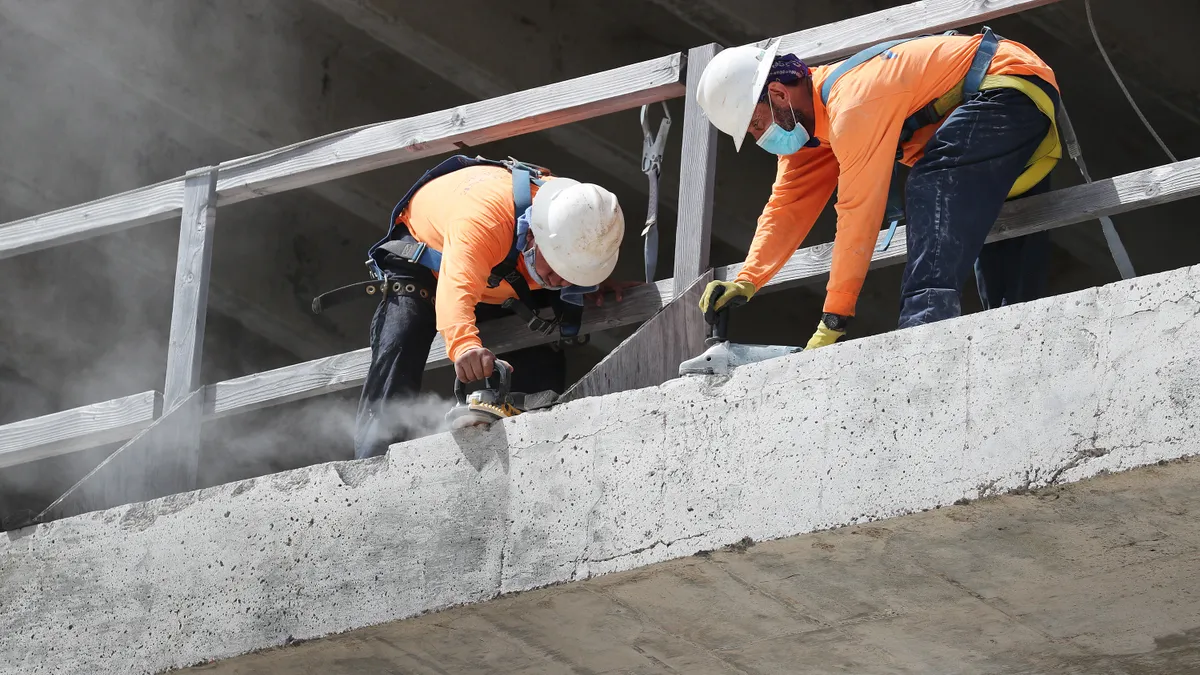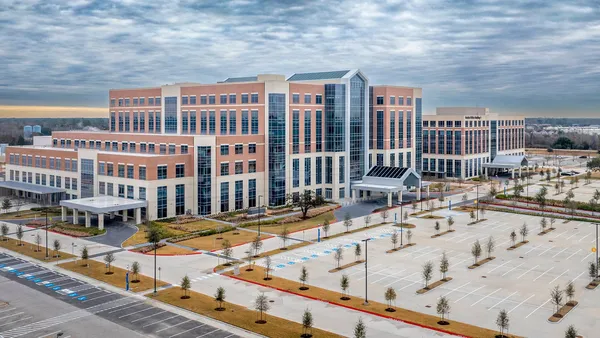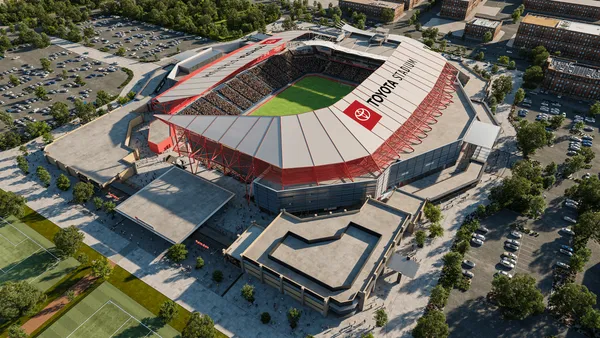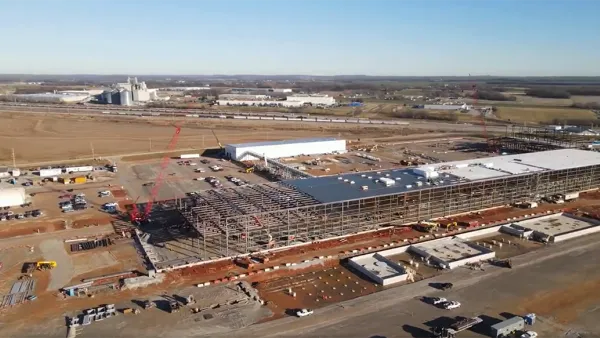Dive Brief:
-
Bloomberg Philanthropies announced a new certification initiative that will direct how local governments introduce data-driven policy to improve their city's smart infrastructure, according to CityLab.
-
What Works Cities will mirror existing building certification programs, like the U.S. Green Building Council's LEED, by offering a point-based system through which cities can earn silver, gold or platinum status based on their adherence to Bloomberg's list of 50 criteria.
-
U.S. cities with 30,000 or more residents can participate, and they will be scored based on how they use performance management, open data and evidence-based contracting to improve how their cities function.
Dive Insight:
The Bloomberg initiative comes amid increased investment in gathering data from cities in real time to inform future design and planning decisions. In September 2016, the Obama administration announced plans to invest $80 million in smart city technology, setting its sights primarily on self-driving vehicles and sensors to warn residents of natural disasters and extreme weather conditions.
The directive, which followed the White House's September 2015 launch of the Smart Cities Initiative, encourages collaboration between the public and private sectors around developing and implementing technologies aimed creating a cleaner living environment in cities.
Cities are joining in on such efforts. In Kansas City, MO, city officials have implemented a public data portal to access real-time information on traffic and parking in line with its own Smart City Initiative. Funded in part by $15.7 million from Cisco and Sprint, the 2.2-mile smart district was developed to inform transportation improvements city-wide.
Meanwhile, Columbus, OH, is using its $40 million award from the U.S. Department of Transportation's Smart City Challenge grant to create a proposal to connect infrastructure, electric vehicle charging and autonomous vehicles in an integrated data-collecting system.
Other smart-city initiatives are being planned from the ground up. Developer 22 CityLink released plans in November for Virginia's 2.5 million-square-foot Gramercy District smart city — a $500 million project that developers say will merge technology with real estate to allow residents to access their building's features through their smart phones.













